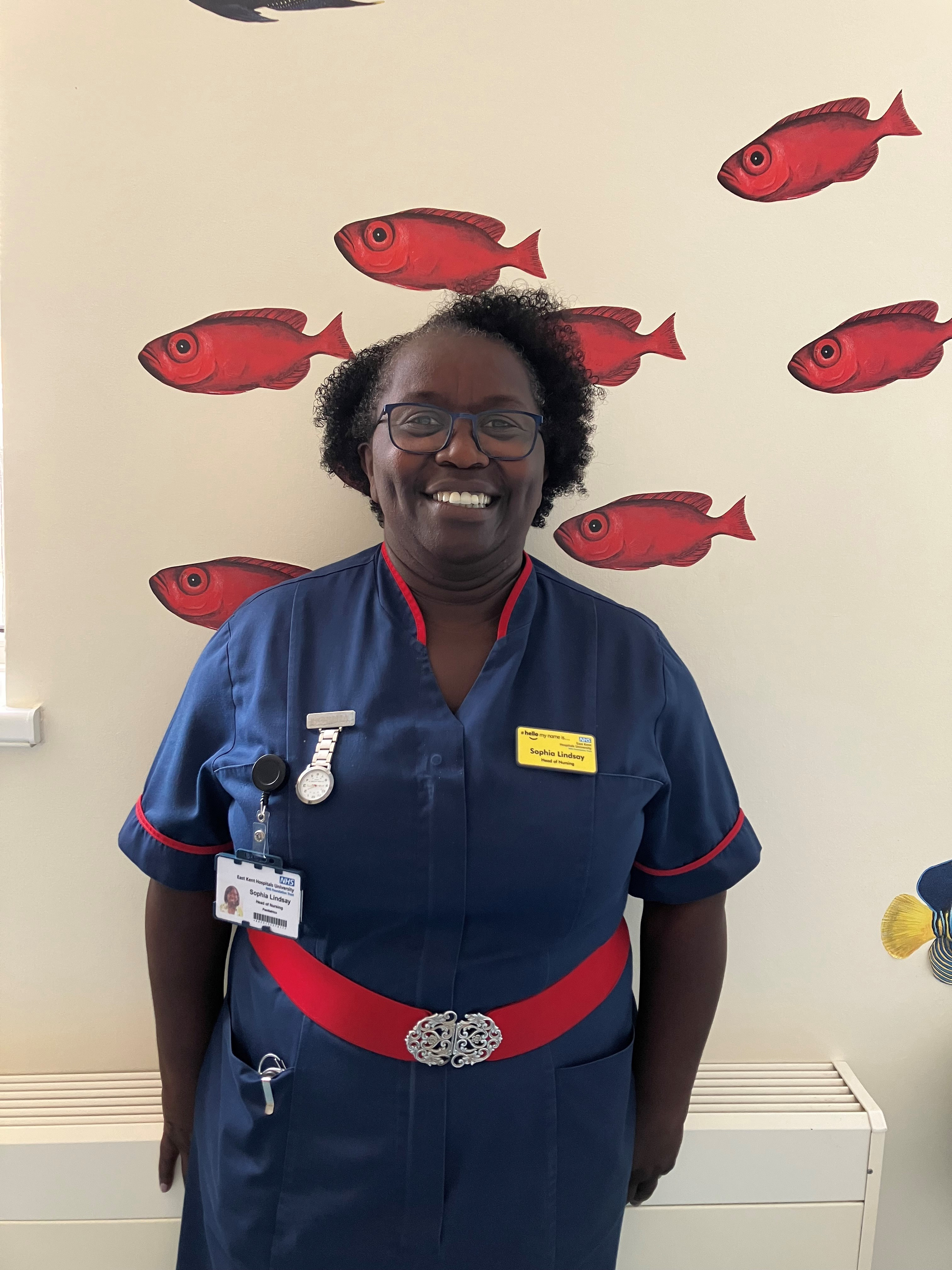
Windrush descendants are the backbone of today’s NHS
Interview with Sophia Lindsay, Head of Nursing for Children
What does Windrush mean to you?
When I think of Windrush, I think about a depleted post-war Britain. They reached out to the Commonwealth countries, to the Caribbean and they answered. They called and we came, just like the poem says.
Nurses of my parents’ generation faced many struggles. Many were registered nurses in Jamaica but when they came here they could only work as auxiliaries, the equivalent of healthcare assistants. They faced many barriers to being accepted as equals both within and outside the NHS.
Had it not been for the Windrush generation, the NHS would not stand today. This anniversary is a moment for us all to recognise that we would not be able to staff our NHS without the descendants of Windrush. We need to applaud their contribution, then and now.
Tell us about you and your family
I see myself as first generation Windrush. My parents came to England from Jamaica in the 1950s. They came separately, met at Waterloo, got married and had five children. They came for a better life in what was known then as the Motherland.
I was born in Maidstone and spent my early childhood in London. We then moved to Jamaica where I lived for during my teenage years. I always knew I would come back home to England and I always wanted to be a children’s nurse. Here I am over 30 years later!
When I trained as a nurse in the late 1980s and early 1990s, most of the nurses I trained with were from the Caribbean, mostly from Trinidad and Tobago. Still today, here in east Kent, we are recruiting nurses from Trinidad, Jamaica, Guyana, India and the Philippines. That is the legacy of Windrush.
I am proud to be a black British woman with a strong Jamaican culture who happens to have a European-sounding name. Having lived in England and Jamaica, I see both sides. That is what I bring to east Kent as a descendant of the Windrush generation.
What are the lessons for our NHS today?
I remember as a student nurse a patient asking me where I came from and when I said London, being asked where I’m really from. That still resonates in Britain today. Racism isn’t always that overt. Sometimes it’s what is not said, or the condescending remark, or feeling your contribution is not valued.
It’s important to me as a woman of colour, as a descendant of Windrush, that we need to better support our international colleagues. We need to stand in their shoes and think how it would feel like to uproot your life, leave your home and all you held dear to start a job in new country. Whether it was in 1948 or in 2023, we must recognise the level of commitment these colleagues give to our country, to our NHS and to care for us.
I want to be a voice for our international colleagues in east Kent. Having been born here and having lived in Jamaica, I know what transition from one country to another feels like. We need to be more compassionate and respect our colleagues who join us from overseas.